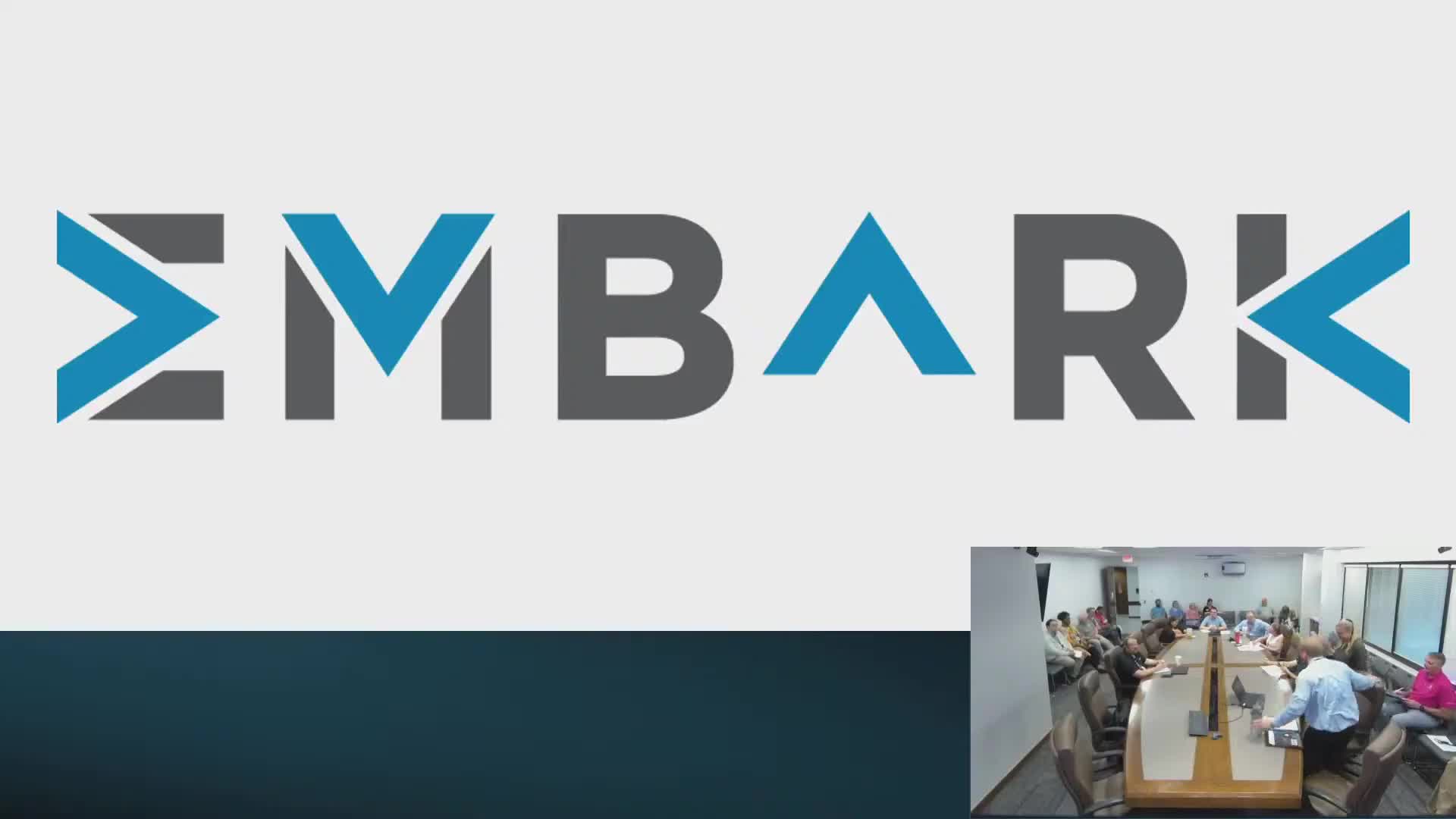Embark Well program presented as model for Norman: seniors transportation pilot, 5310 funding and Uber use explained
Get AI-powered insights, summaries, and transcripts
Subscribe
Summary
Dr. Marilyn Dillon described Embark Well, a senior health-and-wellness mobility program in Oklahoma City that uses a mix of Uber and lift-equipped vehicles, serves seniors at nonprofit wellness locations and relies on grants and a planned Section 5310 match. She recommended a small, piloted approach if Norman pursues a similar program.
Dr. Marilyn Dillon, mobility management administrator for Embark, presented the Embark Well senior health-and-wellness transportation program to Norman’s Community Planning and Transportation Committee on June 26, 2025, and outlined how a similar pilot could be structured in Norman.
Why it matters: Embark Well aims to address social determinants of health by giving older adults free rides to exercise classes, nutrition programs and other nonprofit wellness activities; Norman committee members discussed whether a local pilot could fill gaps in accessible, subscription and senior mobility services.
Program features and eligibility: Dillon said Embark Well began as a 2018 pilot funded with roughly $30,000 in Federal Transit Administration grant funds and has grown substantially. In Oklahoma City the service provides transportation to senior centers, YMCA locations and nonprofit wellness programs for residents aged 60 and over at no charge; riders must use the wellness center closest to their home to keep trip costs down.
Funding and scale: Dillon said Embark plans a $90,000 budget for the coming year in Oklahoma City, pairing about $45,000 in local city funding with $45,000 in a Section 5310 (FTA) operating-assistance match to reach the $90,000 total. She described several grant and philanthropic steps the program has used when demand outpaced initial budgets and said a Norman pilot could be smaller, with a reality-check mapping and scenario analysis to estimate trip lengths and costs.
Service model and vehicles: Dillon said Embark presently uses Uber for most ambulatory riders and a contracted lift-equipped TNC for riders needing wheelchair-accessible vehicles; Embark also has three in-house mobility vehicles and intends to phase additional in-house vehicles into the program as grant funding allows. She said Embark has a government account arrangement with Uber and has monitored safety incidents closely.
Outcomes and cost context: Dillon said Oklahoma City’s program will total about 7,500 trips in the current fiscal year and that past case studies showed health improvements among participants. She gave a broad ballpark per-trip cost in Oklahoma City of $7–$12 but said Norman’s cost profile may differ because of geography and trip length; she recommended staff-run scenario analysis before proposing a Norman appropriation.
Committee response and next steps: Committee members suggested potential Norman locations (YMCA, recreation centers, OU pool, Norman Regional Health Center) and asked staff to map likely trip origins and destinations. Dillon and committee members recommended a pilot approach and said staff will return with population counts, scenario costings and potential funding options if the council wishes to proceed.
